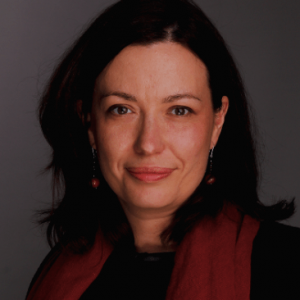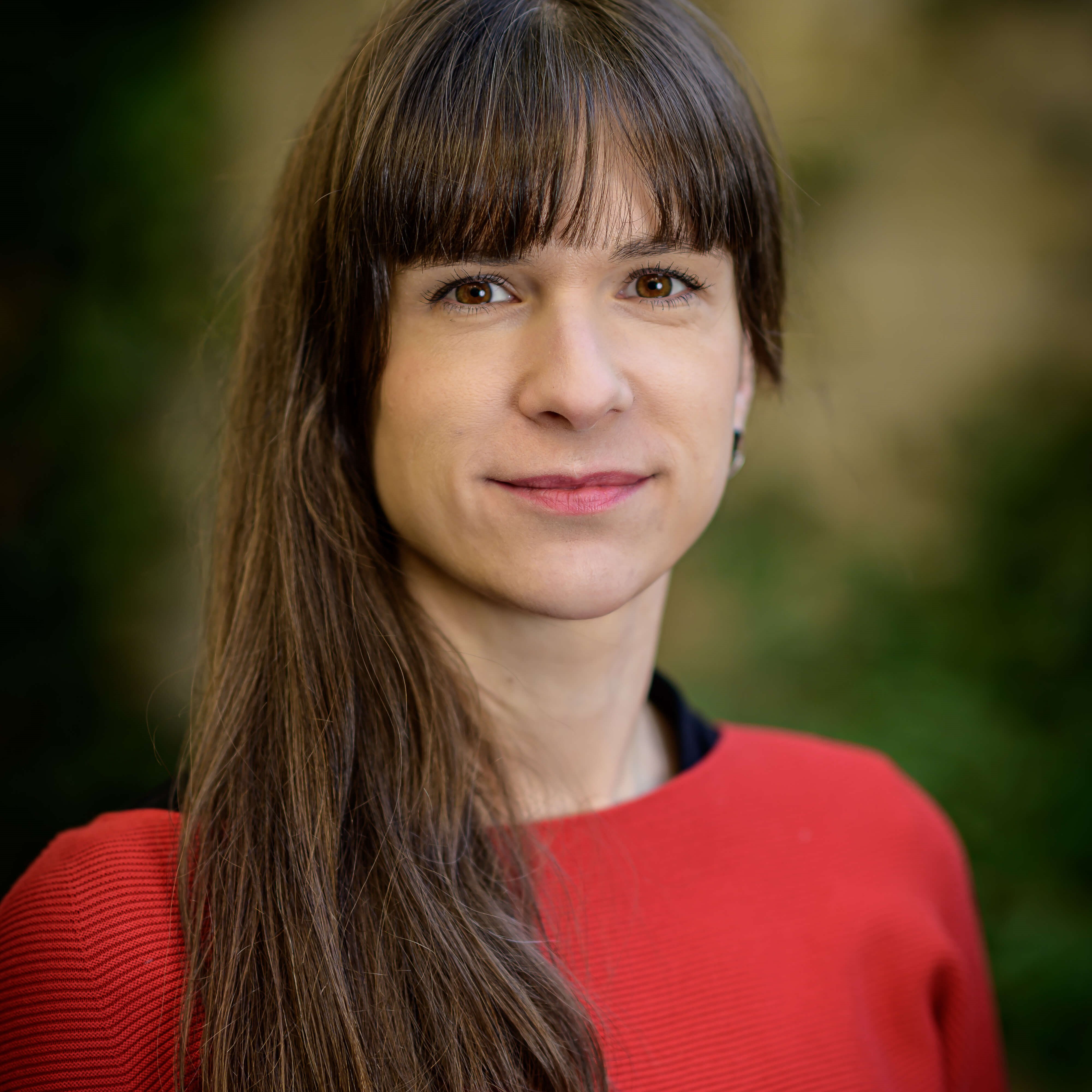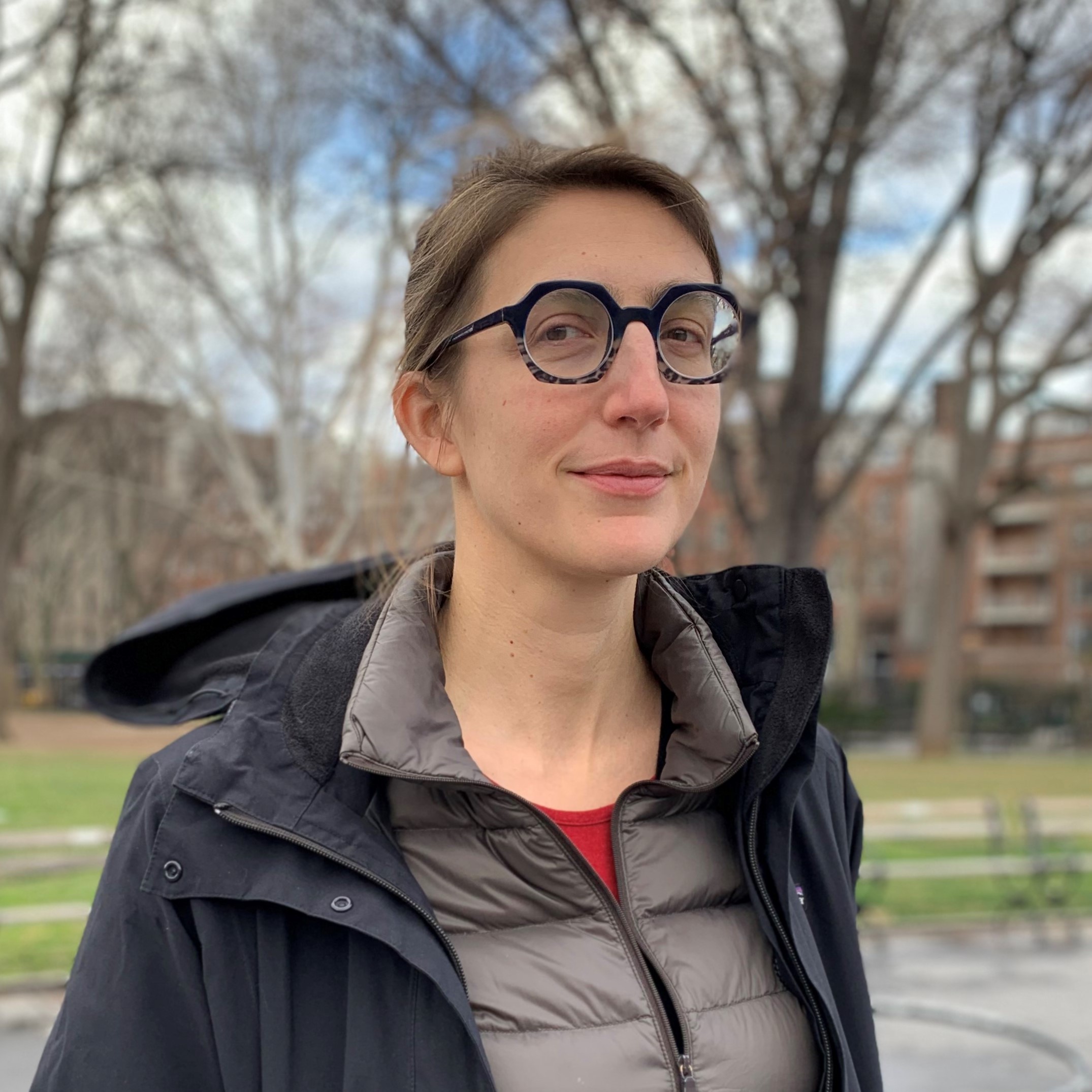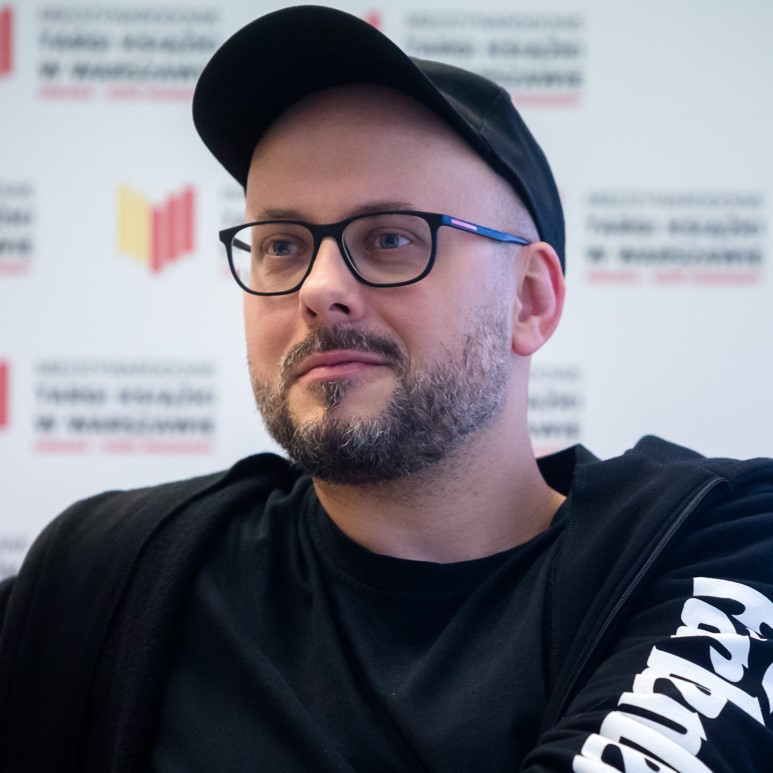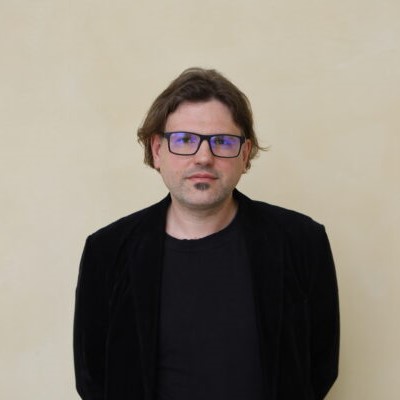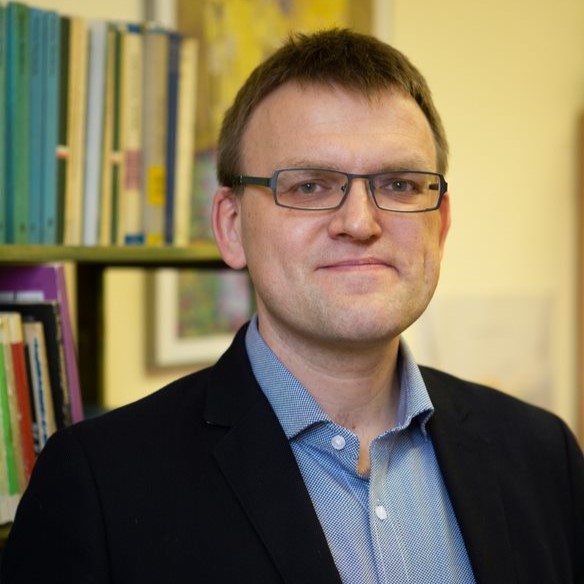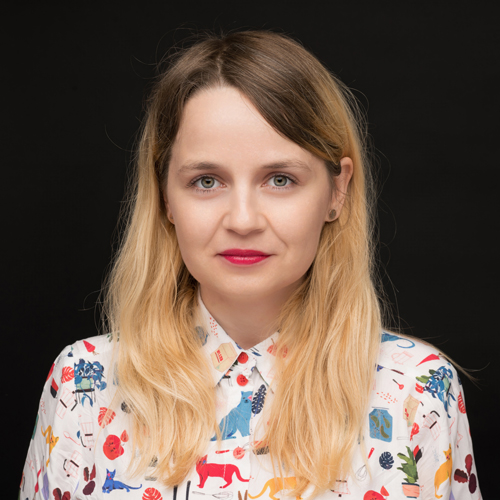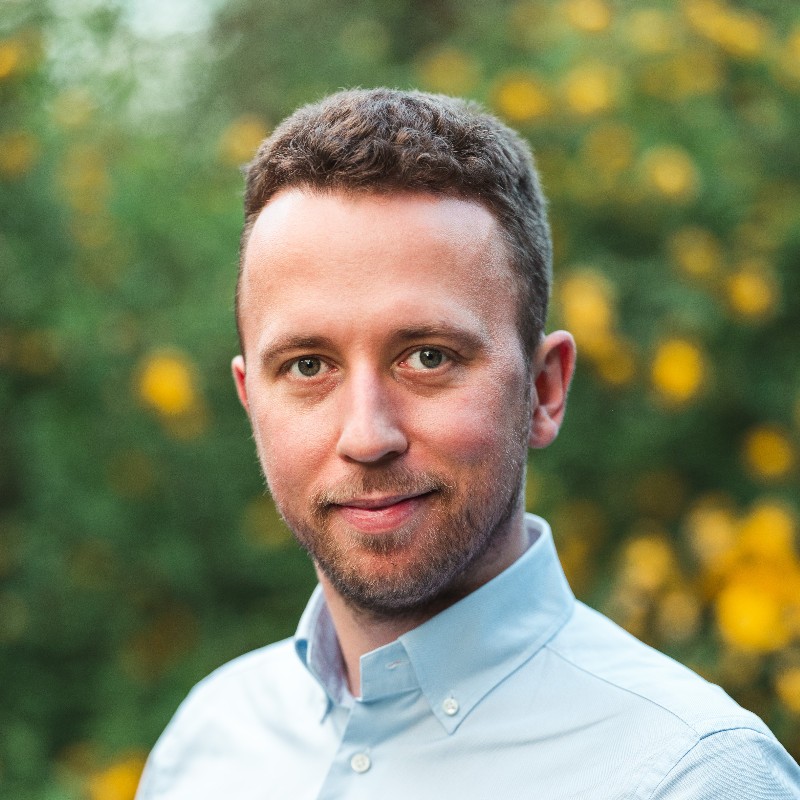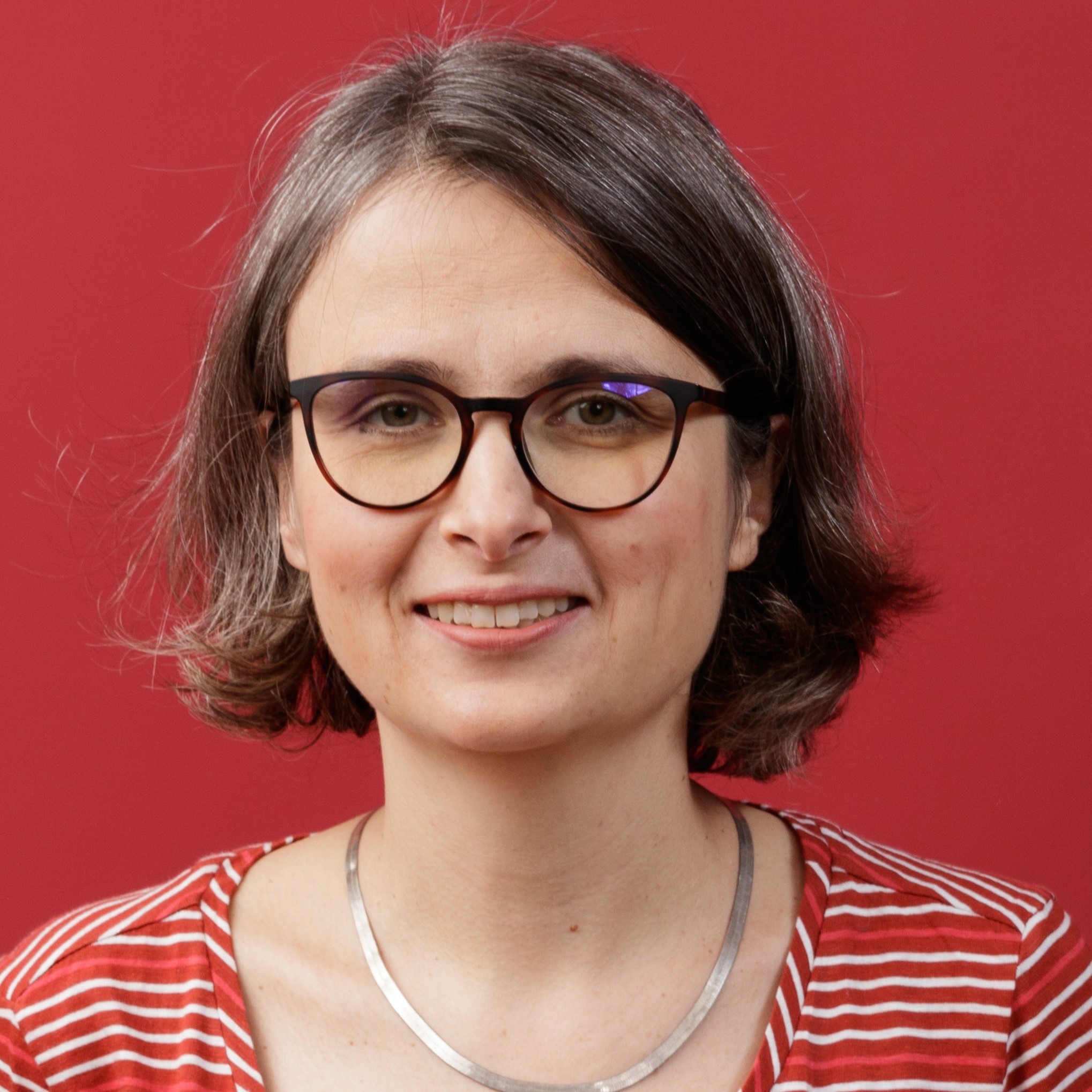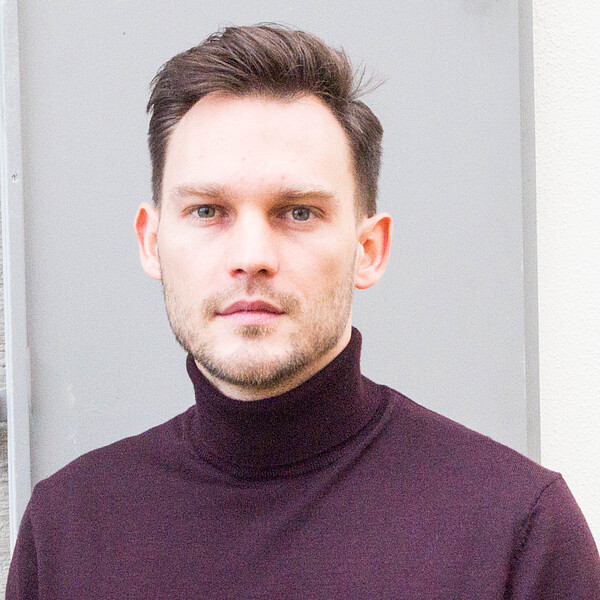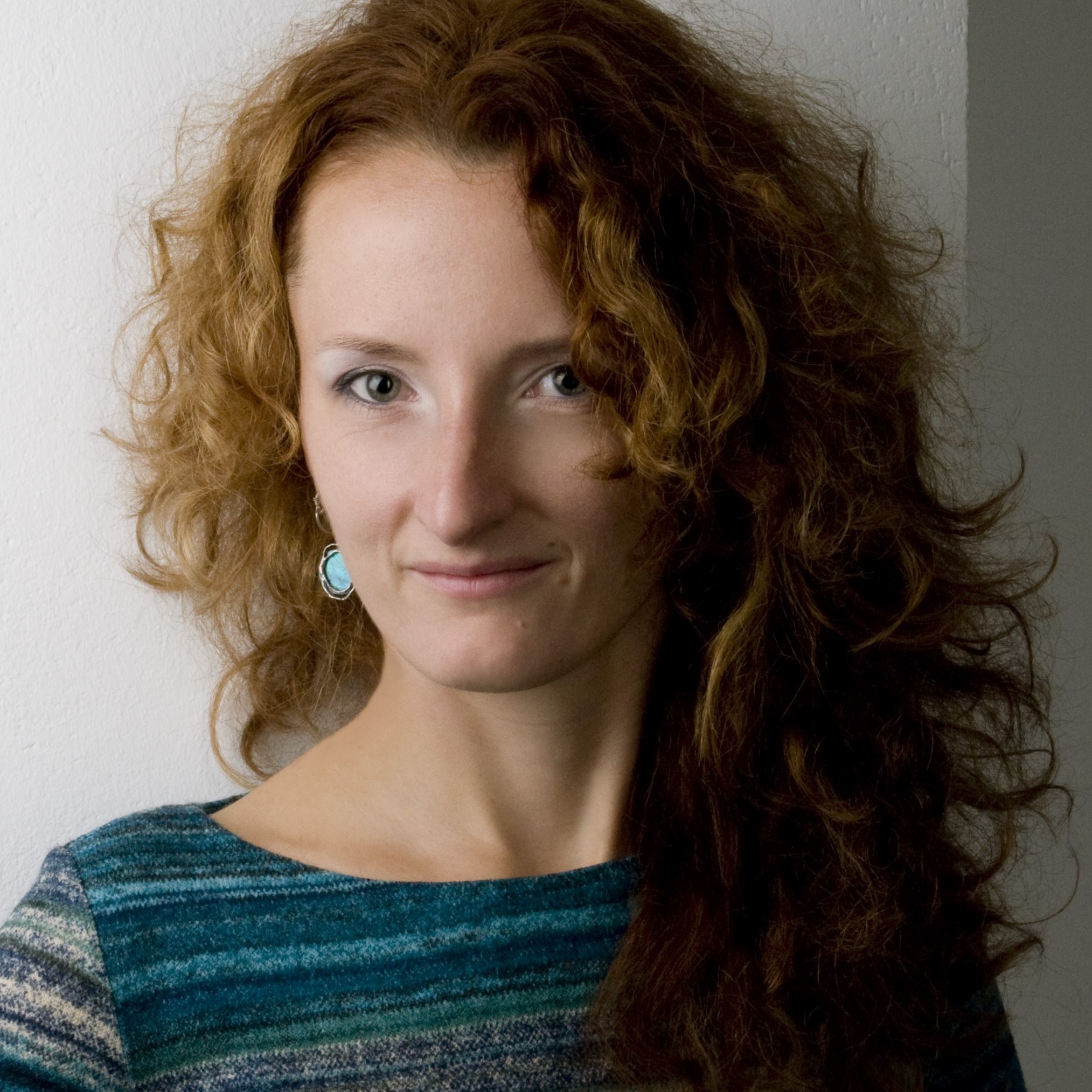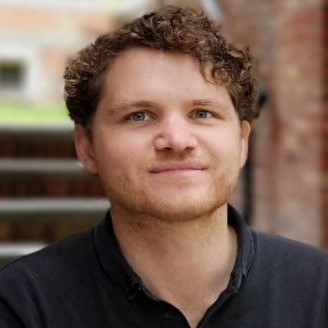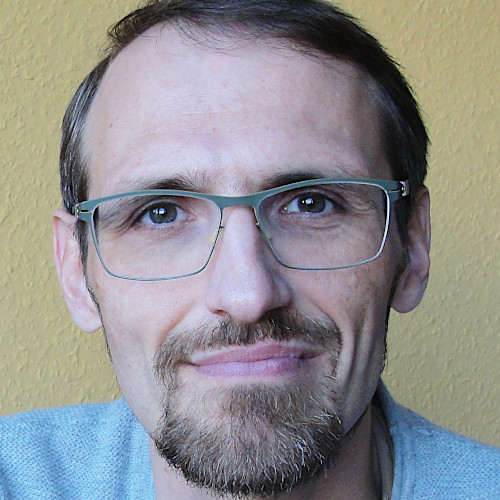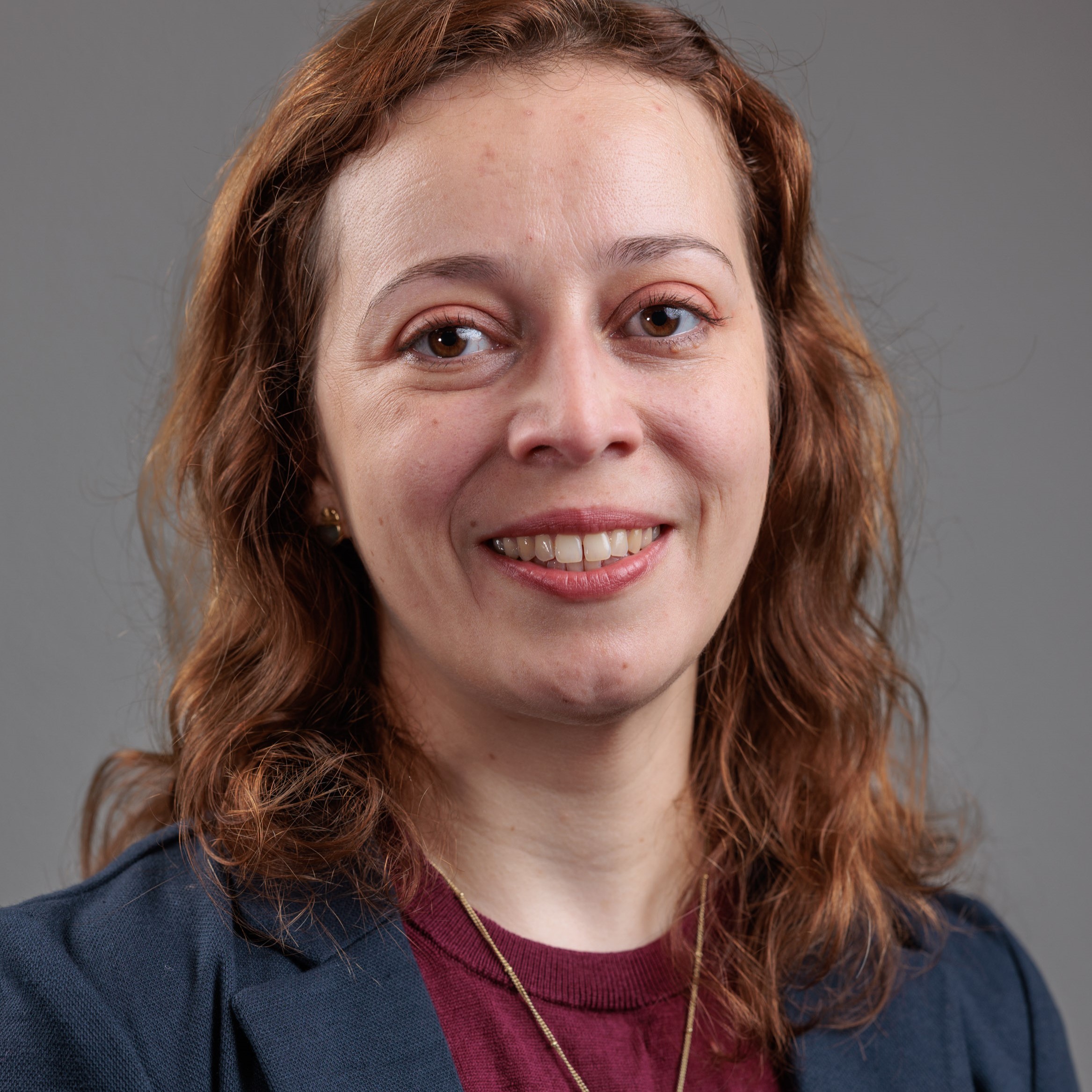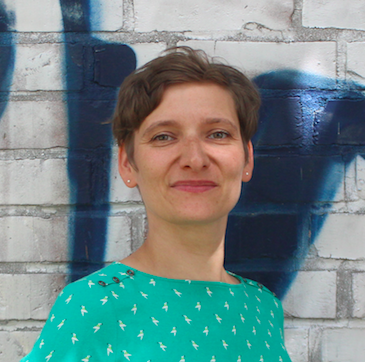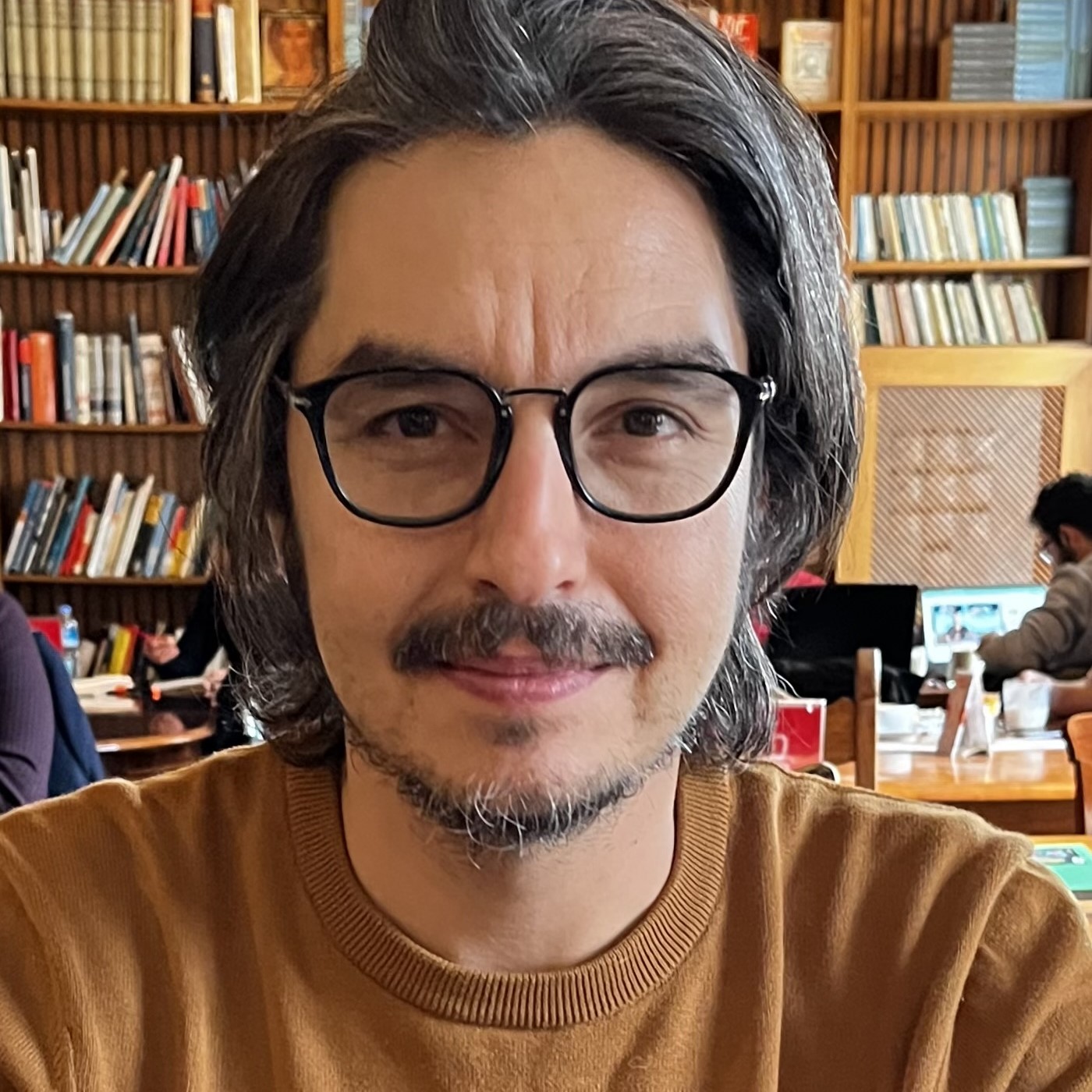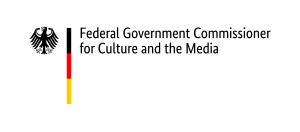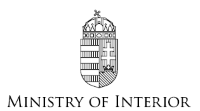How are the post-1989 economic reforms remembered today in Central and Eastern Europe? How do these memories differ and to what extent do they contribute to the current political climate? How do they affect our current understanding of the post-1989 period, and what counter-memories have they triggered?
All these questions will serve as a starting point for an online discussion around the volume ‘Remembering the Neoliberal Turn: Economic Change and Collective Memory in Eastern Europe after 1989’, edited by Veronika Pehe and Joanna Wawrzyniak and published as part of the ENRS and Routledge book series ‘European Remembrance and Solidarity’.
To join the meeting, please register here.
The participants of our book launch are the discussants Sarah Gensburger, Michał Przeperski and Tom Junes with the book editors Joanna Wawrzyniak and Veronika Pehe.
As well as other authors of the book.
The discussion will be moderated by Dr Małgorzata Pakier, Head of the ENRS Academic Section and coordinator of the European Remembrance and Solidarity book series, and a collaborator of the Center for Research on Social Memory, Faculty of Sociology, University of Warsaw.
More on the book, click here.

